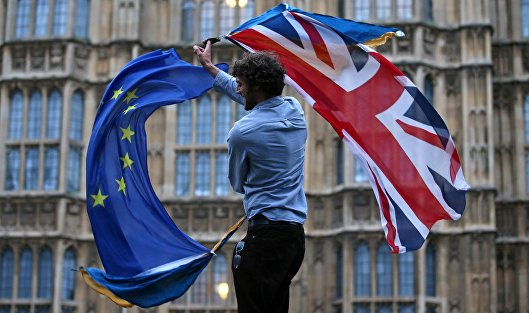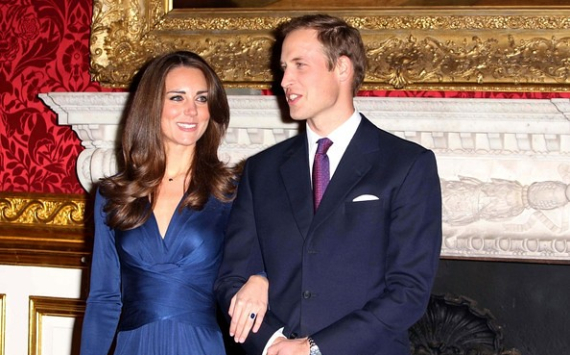
Economist Timme Shpakman says that the EU economy could suffer from the transition to a new phase of relations with the UK without an agreement on what the relationship should be.
"Brexit's economic impact without a deal on the EU economy will be significant, with the introduction of tariffs and possible disruptions (trade ed.) in some sectors. The automotive, agricultural and chemical industries will be most affected," writes the economist.
One of the main issues is the increase in duties: if the EU and UK trade agreement negotiations fail and there is no agreement by the end of this year, the duties will go up as early as 1 January 2021.
The expert notes that at present, there are no tariffs on trade between the EU and the UK, as the country is part of the EU single market. In the absence of a transaction, EU imports from the UK will be subject to duties under the WTO agreements. This means that the UK will also introduce tariffs on imports from the EU.
Timme Spackman says: "The UK government has already published a tariff plan which will apply in the absence of a transaction. The UK will not simply copy EU tariffs; it has announced that for many products, duties will be kept at zero. However, there will be tangible tariffs for a large number of products.
The new duties will have a significant impact on agricultural products, the economist said.
However, due to the economic downturn associated with the COVID-19 pandemic, trade volumes between regions are slightly lower than before. "This could bring some relief at the border (EU and UK ed.) and could potentially lead to a slight reduction in interruptions (in trade ed.) than would otherwise be the case," the expert stresses.
Timme writes that for more EU countries, the dependence on trade with the UK is less than 4%, the exceptions being Luxembourg, Ireland and Malta.
The note states that the risk of not having a deal between the country and the Union on their future relationship, including in trade, remains very high.
Britain left the union this year, but so far there has not been much change in its relationship with the EU there is a transitional period during which EU rules continue to apply to Britain. After the end of the transition period, the rules will cease to apply on 31 December 2020. To ensure that the transition to a new phase in British and EU relations is not abrupt, the parties need to agree on the terms of the new partnership.







































